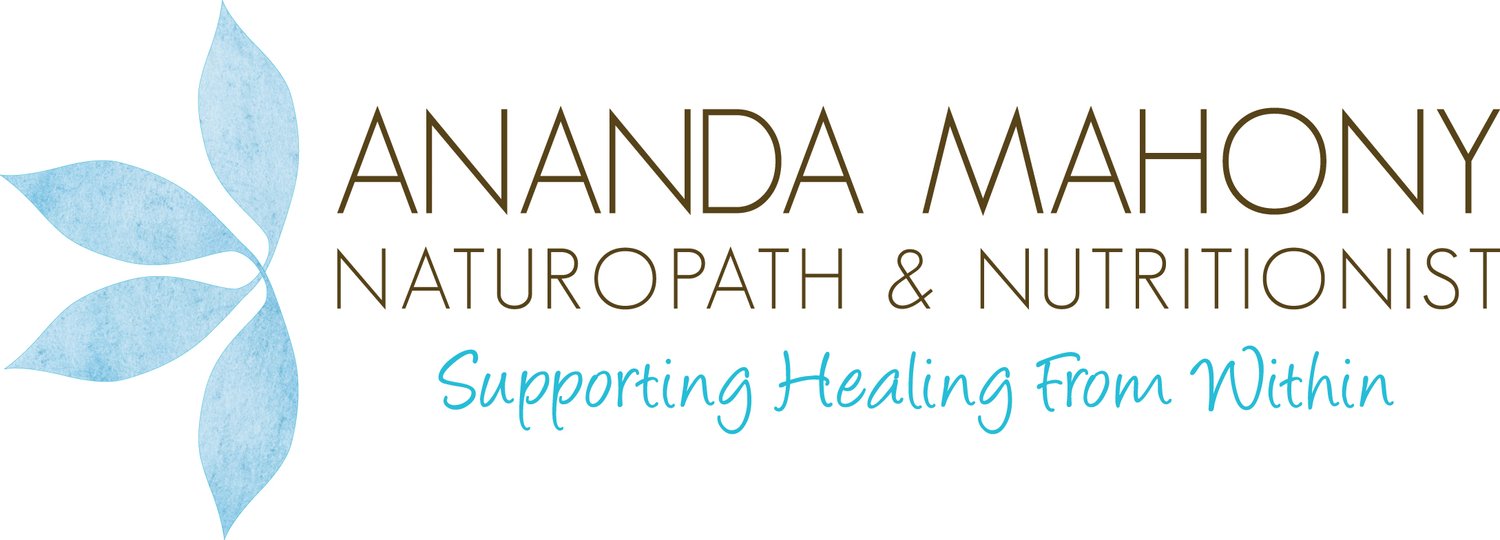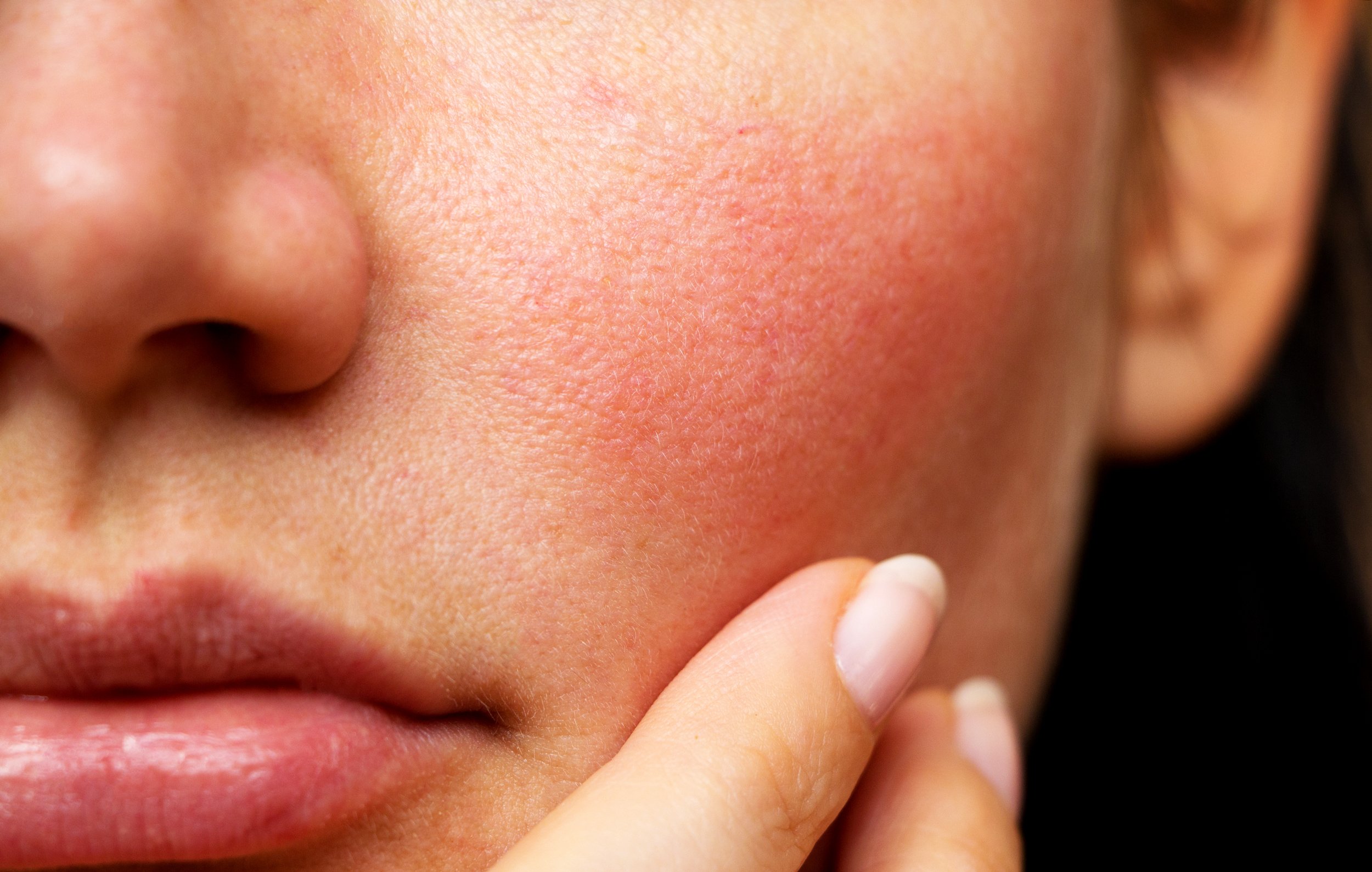Acne is more than skin deep
The burden of acne is more than skin deep. Strongly impacting on negative self-image and perceived stress, acne not only causes stress but is also made worse by stress. It is now well established that stress contributes to the development of acne but until this year there have been no studies looking at stress management as a direct treatment intervention. A report published this year in the International Journal of Dermatology details the methods and results of an 8-week experimental study in 30 women with acne undergoing a specific stress reduction process called the Pythagorean Self-Awareness Intervention (Chatzikonstantinou, et al. 2018)
While there was a treatment group and a control group in the study, the study was non-blinded meaning that those who didn’t partake in the self-awareness program knew they weren’t receiving treatment. In both groups each woman’s clinical acne stage was measured, as well as acne-related quality of life (i.e how the acne impacted them), their perceived stress, and positive and negative affect i.e their mood and emotions.
After 8 weeks 14 out of 15 women in the treatment group showed improvement in their acne stage, and this improvement was regardless of baseline acne stage and age. There were also significant improvements in perceived stress as well as negative thoughts and emotions. There were no reported side effects. In the control group only 4 women showed improvement in their acne stage, which reinforces that the improvement in the treatment group is not just related to the natural course of the condition, rather the results of the active self-awareness intervention.
Given the results it is astounding that there has been no previous research in this area. While this is a small pilot study, the outcomes are significant and strongly reinforce that stress and its impacts on our bodies and overall health is not to be ignored, and further that working to reduce stress can have profound healing effects on our mental physical wellbeing.
The study did not discuss the specific physiological mechanisms of the self-awareness intervention however two possibilities come to mind. Firstly this could be a top down effect on the gut-brain axis. Stress negatively impacts the gut microbiota, and a dsybiotic microbiota has the potential to drive the skin inflammatory processes, which in turn drive acne (Salem, et al. 2018). Secondly, stress impacts the skin-brain-immune axis locally within the skin, influencing the expression of sebum receptors and effectively supporting an environment that favours the growth of P.acnes, the bacteria that contributes to acne formation (Dreno, 2017).
To the specific intervention, the Phythagorean method has previously been used to effectively reduce stress in Multiple Sclerosis and insomnia. Once the process has been taught it can be used on an ongoing basis and incorporated as a health management strategy at any time in the future. The basis of the technique is daily cognitive processes that support self-awareness and self-control including techniques such as self-reflection and introspection, reviewing the day’s events and importantly the thoughts and emotions that accompanied those events, and then developing strategies for changing responses that weren’t productive. Questions that could be asked include; ‘What did I do well’, ‘What could I improve’, ‘Is there something I should have done but didn’t do’?
When studied in other conditions such as multiple sclerosis many benefits have been shown including improvements in memory and cognition, reduced stress and anxiety, improved sleep and the adoption of healthy habits including better eating habits and more exercise.
While the Phythagorean method was used in this study, what the study shows overall is that stress reduction helps to improve acne, which leads to the tantalising thought that perhaps other stress reduction techniques, when applied daily and consistently will also help. Mental food for thought!
References:
Chatzikonstantinou, F., Miskedaki, A., Antoniou, C., Chatzikonstantinou, M., Chrousos, G., & Darviri, C. (2018). A novel cognitive stress management technique for acne vulgaris: a short report of a pilot experimental study. International journal of dermatology.
Dréno, B. (2017). What is new in the pathophysiology of acne, an overview. Journal of the European Academy of Dermatology and Venereology, 31, 8-12.
Salem, I., Ramser, A., Isham, N., & Ghannoum, M. A. (2018). The Gut Microbiome as a Major Regulator of the Gut-Skin Axis. Frontiers in microbiology, 9.


